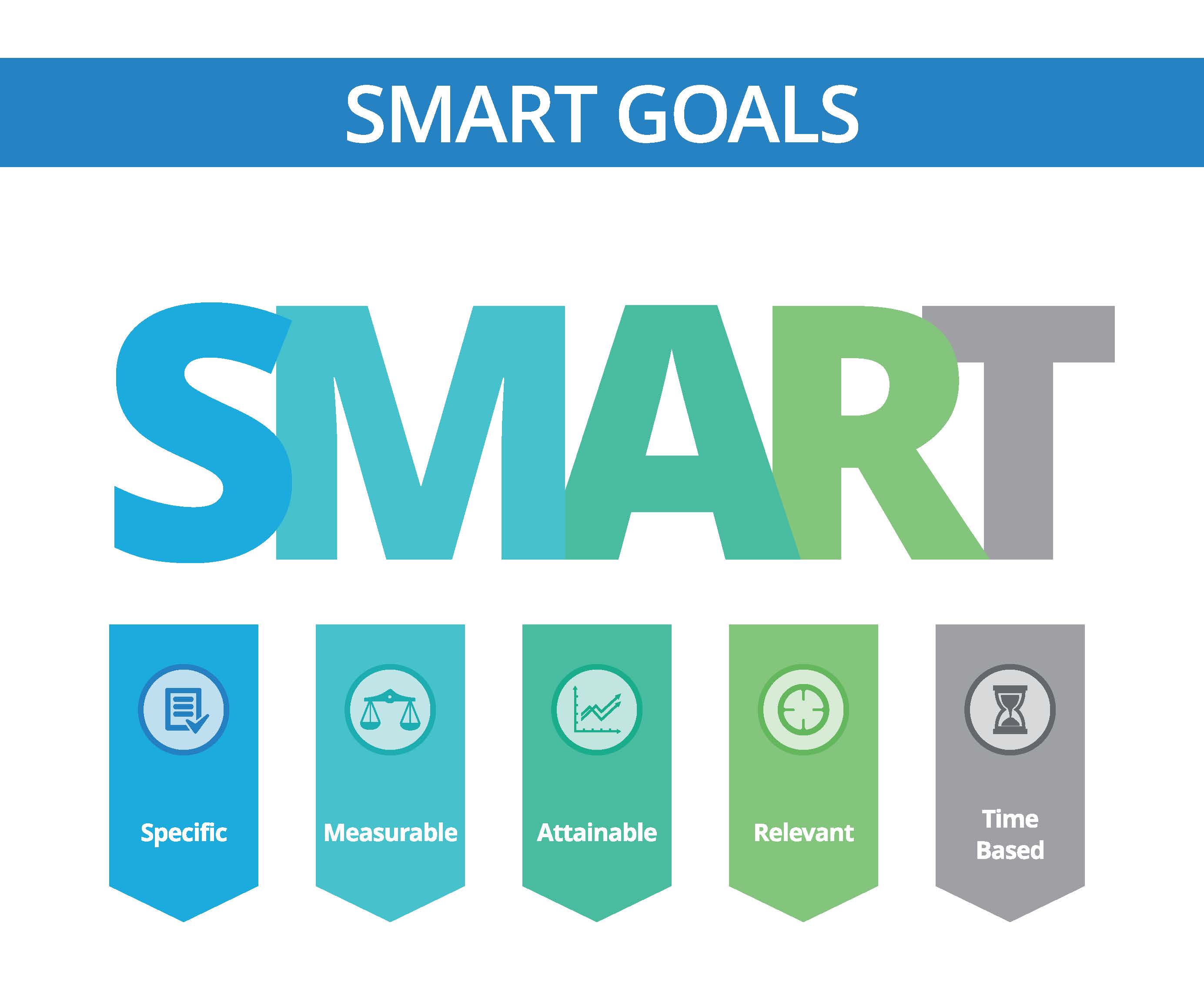
As 2017 draws to a close, many people will begin thinking about the successes and failures of the past year and how they wish to improve upon their shortcomings in the year ahead.
While some resolutions involve working less or spending more time with family and friends, a recent poll conducted in the UK showed that 7/10 of the most frequent New Year’s Resolutions involve some degree of enhancing personal health, with top resolutions including increased exercise and weight loss.

That should not come as a surprise to most Americans. Most of us can relate to the cycle of wanting to start the year healthier by eating out less, getting more active, reducing how much alcohol we drink, or trying to lose weight. Gyms and weight loss programs are banking on it. On average, most major gyms experience a 40% increase in traffic around the new year. Their ideal customer is the person who really wants to get healthy and is willing to lock themselves into a steeply discounted year-long contract in order to prove it, knowing that they will likely never come back to the gym beyond the first couple of months. Over 50% of people with gym memberships never set foot inside the building after leaving.
It’s an unfortunate trend, but one that you may have experienced as well. Despite the desire to get healthier, you run out of gas within a few weeks or months before returning to “normal.” Before long, resolutions are in the rear-view mirror and don’t reappear until the end of the year or whenever a health crisis forces us to make critical decisions about our health which should have been resolved years ago.
It raises the question: why is it so hard to make the resolution to “get healthy” stick? The same poll in which 7 out of 10 people set a resolution to improve their health also showed that over half of those surveyed were not confident about their ability to keep their goals.
The biggest reason why people fail to keep their resolutions is because they go into the new year with great intentions but poorly formed plans. Trying to “exercise” more without the accountability and guidance of a personal trainer or a nutrition plan feels futile quickly whenever your muscles ache and your weight on the scale hasn’t changed. Trying to cut calories or overhaul one’s diet by eating bland, tasteless, meagerly portioned weight-loss foods usually leaves you feeling hungry, irritable, and longing for the foods you gave up. And usually none of the changes people make are tied to changing their lifestyle, so as soon as a goal isn’t met or achieved, they revert back to the way they used to live.
Making and keeping the goals you set for a healthier lifestyle has to be done with more intentionality and accountability if they are actually going to stick. So, what can be done to ensure success?
01 | Set SMART goals. SMART goals are specific, measurable, attainable, relevant, and time-based. Often, goals aren’t met because they are too vague. Making SMART goals puts definition on your outcomes. For example:
Bad Goal: I want to spend more time with my family
SMART Goal: Each Wednesday evening, I will turn my phone and computer off and play a game with my family
Bad Goal: I want to lose weight
SMART Goal: I will lose 5 pounds by the end of February
Bad Goal: I want to be more active
SMART Goal: I will start an exercise plan on the third Monday of January and exercise three times per week for at least 15 minutes a day
Write out your goals and make sure that they hit the criteria to be SMART. Then, place these goals in a visible place that will remind you of what you intend to accomplish.

02 | Invite others to join you. If you want to get healthier and lose weight, team up with your spouse, a co-worker, a friend, or family member who wants the same goal. Invite those who know you well to help identify what realistic goals would be. Once you identify this support network, set SMART goals together and make a commitment to help each other make the changes into a reality. It is especially hard to make a healthy lifestyle change when your family is not committed to the steps with you, so work hard on making sure your spouse, partner, or kids are willing to make the changes with you.
03 | Find a plan that you can follow for success. If you are trying to quit smoking, find a support network or cessation program that will walk you step-by-step through the changes you need to make while helping provide accountability and encouragement. For those trying to lose weight, follow an informed nutrition and exercise plan that will help you get immediate results and start feeling better quickly, with accountability and support along the way. Don’t just read a book or Google “how to diet and exercise;” find a program that walks you through the steps you need to take to change your approach to nutrition and exercise.

04 | Make a long-term commitment to whatever changes you identify. Poor health or bad habits don’t usually develop overnight. They typically come from years of repeating unhealthy habits. Similarly, changing your life and your health for the better doesn’t usually happen overnight. It takes dedication to long-term goals and a willingness to gauge success not on a daily or weekly basis but over periods of months and years. Making changes to your lifestyle is key to establishing healthy rhythms and patterns in your life. If you focus too narrowly on your goals, you will likely get discouraged. Or, if you succeed in making the changes but isolate them to a short period of your life (i.e., “I’m doing this 30-day diet plan”), then you are likely to revert to old tendencies before long.
Making and keeping resolutions can be done. It requires committing to your goals and to a system of lifestyle changes that enables you to get healthy on all fronts, with accountability and support for making the changes permanent. By incorporating an exercise plan that works with your nutrition plan, vitamins and supplements that work with your body chemistry, and accountability and support from people who are experienced in cultivating a healthy lifestyle, it’s possible to set and maintain resolutions to stay healthy.
Lifestyle programs through Revitalize Health provide these step-by-step directions and the support needed to help you get healthy and stay healthy for the new year and beyond. If you know that getting healthy is a priority and you want to enlist a team dedicated to your success, reach out to our team at program@revitalizehealth.com to discover how investing in a lifestyle program may be the easiest and surest way to succeed in keeping your 2018 resolutions intact!
Check out the deep discounts we’re offering on lifestyle programs to start 2018!
What is Functional Medicine?
FUNCTIONAL MEDICINE & HEALTHY LIVINGWhat is Functional Medicine?Ky Carlson 18 December 2017 In the simplest terms, functional medicine (FM) deals with discovering and treating the true root cause of chronic maladies and diseases without pharmaceuticals.The word...
How to Survive the Holidays Without Sabotaging Your Health
HEALTHY LIVING & HOLIDAYS How to Survive the Holidays Without Sabotaging Your Health Ky Carlson 10 December 2017The holidays are some of the best days of the year! They are all about spending time with loved ones, giving back to your community, and of course, stuffing...
The Guide to Fish Oil and Omega-3 Fatty Acids
HEALTHY LIVING & SUPPLEMENTSThe Guide to Fish Oil and Omega-3 Fatty Acids Madison Rhoads 4 December 2017Fish oil has grown in popularity over the last few years, especially as people begin to understand the importance of getting omega-3 fatty acids (EPA & DHA) in...



